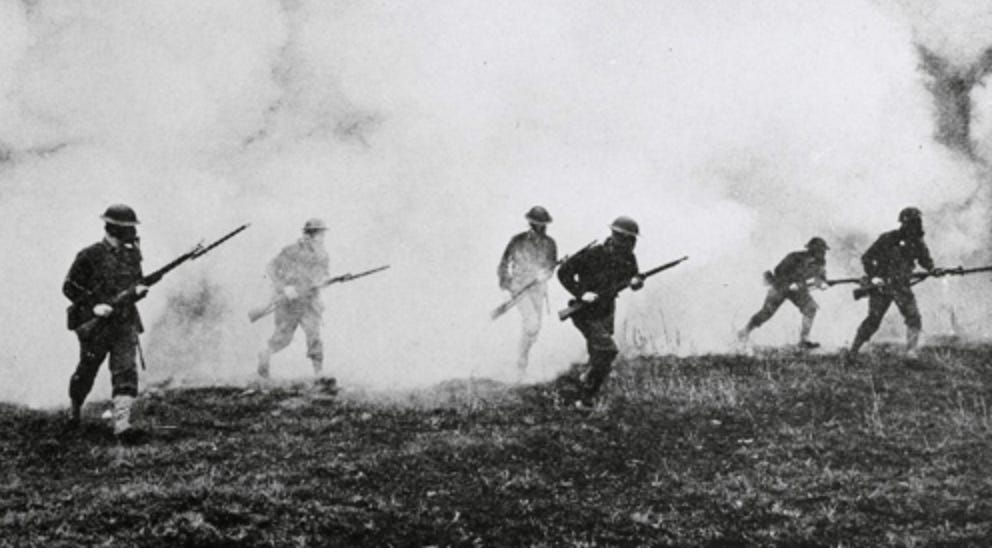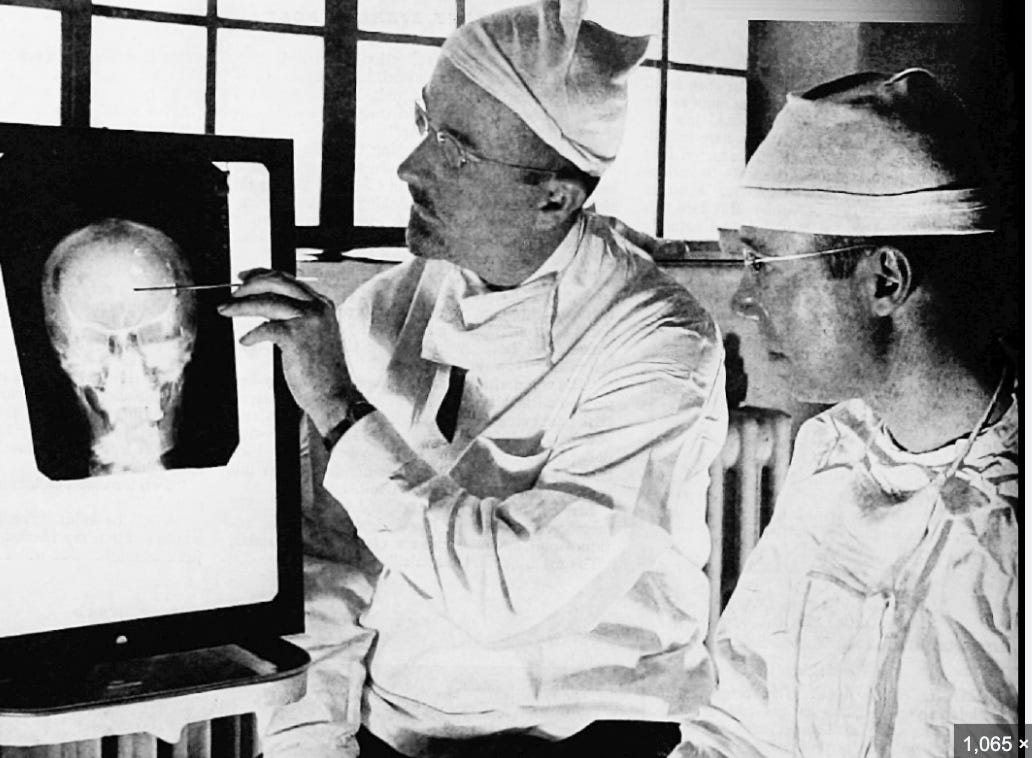Jon Leake | 4 Oct 2023
2023 prize for mRNA vaccine developers reminiscent of prizes to Fritz Haber (1918), Paul Müller (1948) and Antonio Moniz (1949).
Without question, the German chemist Fritz Haber was a genius, but he was a spectacular example of a scientist whose work came unmoored from ethics. In reviewing his career, I am struck with both admiration and horror.
On the one hand, Haber largely invented the Haber–Bosch process of synthesizing ammonia from nitrogen gas and hydrogen gas, which enabled the industrial-scale synthesis of fertilizers and explosives. About one-third of annual global food production uses ammonia from the Haber–Bosch process, supporting nearly half of the world’s population. It seems to me that for this achievement, Haber definitely deserved the 1918 Nobel Prize for Chemistry.
What remains controversial about this decision was that Professor Haber is also widely regarded as the father of modern chemical warfare. A fierce German nationalist, he applied his genius to developing and weaponizing chlorine and other poisonous gases for the German military during World War I. His work directly resulted in the widespread practice of mustard gas attacks.

His wife, Clara Immerwahr, was so horrified by reports of the Second Battle of Ypres, where mustard gas resulted in 67,000 casualties, that it my have contributed to her decision to commit suicide with his service revolver.
Though Professor Haber always defended his work on chlorine gas weapons, it is a notable irony of history that his technology was used to develop Zyklon-B, which was later used for the mass murder of Jewish concentration camp inmates during the Nazi era. Haber was born into a prominent Jewish family in the Prussian city of Breslau.
In 1948, the Swiss chemist Paul Hermann Müller won the Nobel Prize in Medicine for his 1939 discovery of the insecticidal properties of DDT for controlling vector diseases such as malaria and yellow fever. While DDT was indeed a potent killer of mosquitos, it also proved to be devastating to the environment, especially aquatic creatures and birds. In 1962, Rachel Carson published her book Silent Spring about how industrial chemicals were resulting in the mass killing of wildlife. Ten years later, the EPA banned DDT.

Another controversial Nobel Prize was awarded in 1949 to Antonio Egas Moniz for inventing the lobotomy for treating mental illness. The procedure was commonly used in the 1940s, and the award citation characterized it as “one of the most important discoveries ever made in psychiatric therapy.” The trouble with the therapy was that it caused serious side effects such as death and severe brain damage. Even cases of the procedure deemed to be a success often left the patients emotionally numb and unresponsive.

The popularity of lobotomies faded in the 1950s, but interest in the experimental psychosurgery was resurrected by the Harvard Professor of Surgery, William Sweet. In the year 1970, Professor Sweet’s colleagues, Professors Vernon Mark and Frank Ervin, published the book Violence and the Brain in which they documented four case studies of psychosurgery using electrodes to destroy parts of their patients’ brains. Though their book presented their work in a promising light, in fact the four patients experienced no long-term positive results, and two of them were badly impaired by the procedures.
During this time, the psychiatrist, Dr. Peter Breggin, learned that researchers at the University of Mississippi in Jackson were performing experimental psychosurgery on black children. And so, in the year 1972, he launched a full-blown campaign against the practice. Working with Congress, the Black Caucus, and conservative U.S. Senators, he succeeded in putting a halt to experimental lobotomies.
Yesterday I was reminded of the Nobel Prizes for Fritz Haber, Paul Müller. and Antonio Moniz, when I saw that the Nobel Assembly at Karolinska Institutet had awarded the 2023 Nobel Prize in Physiology or Medicine jointly to Katalin Karikó and Drew Weissman for their discoveries concerning nucleoside base modifications that enabled the development of effective mRNA vaccines against COVID-19.

I suspect that in the years ahead, there will be a dawning realization that a medical technology celebrated for advancing human progress was in fact poorly understood at best, and resulted in an array of unforeseen harms.


